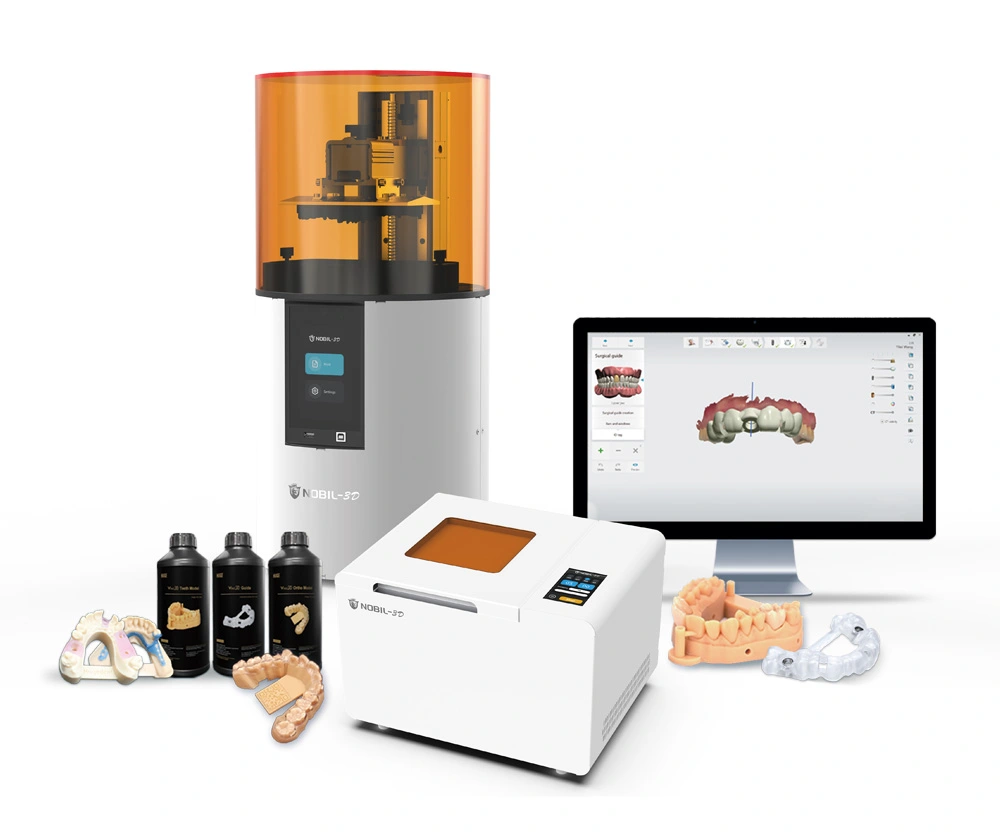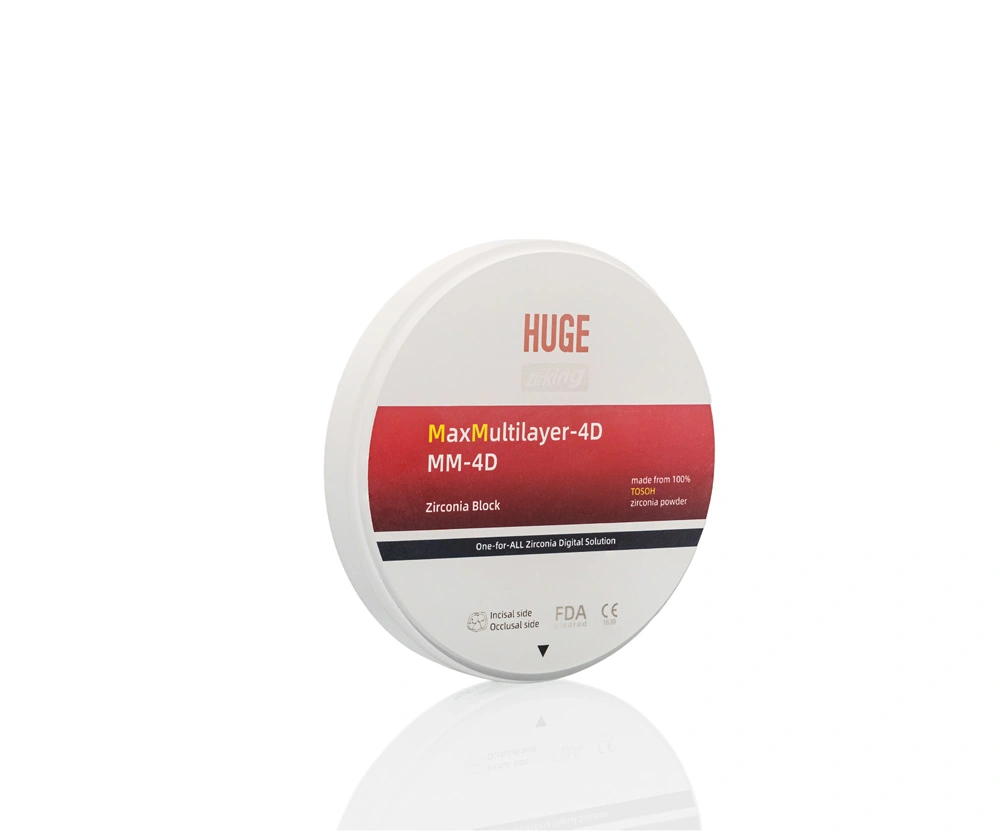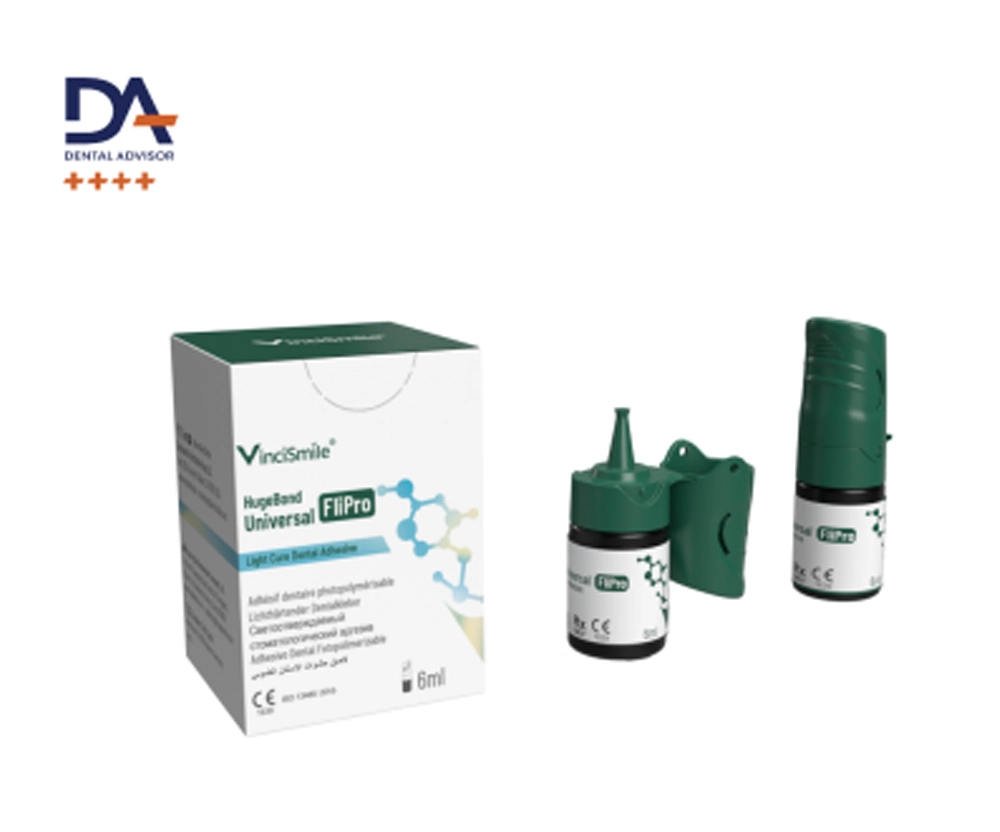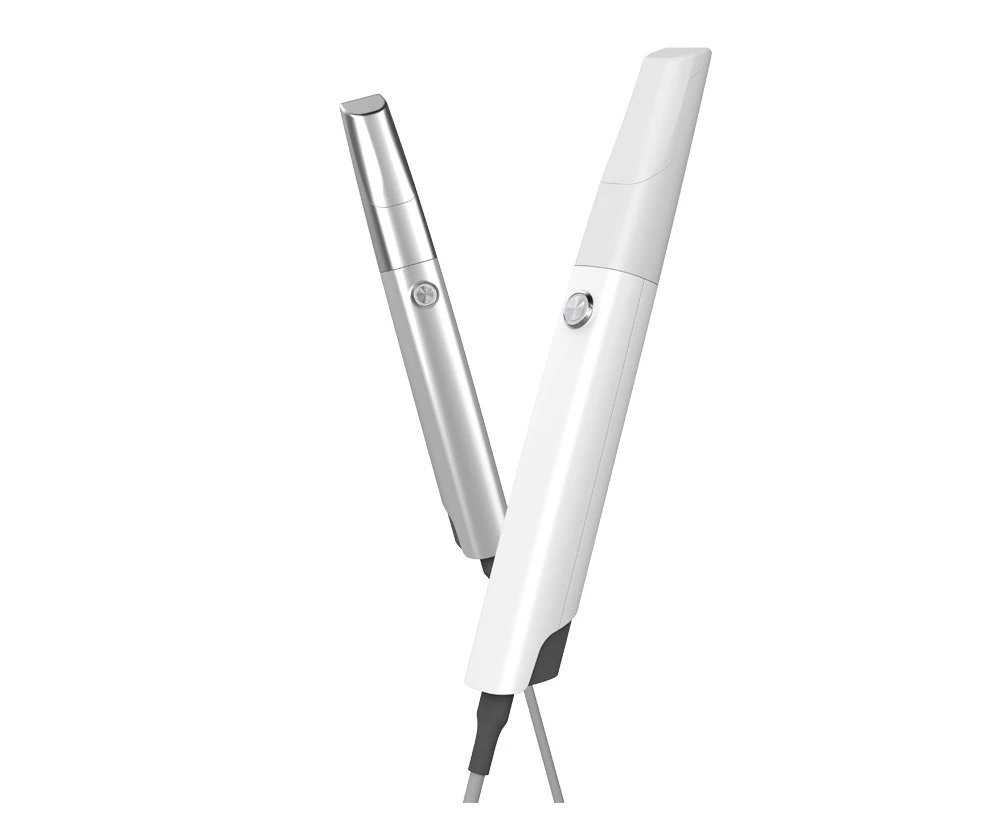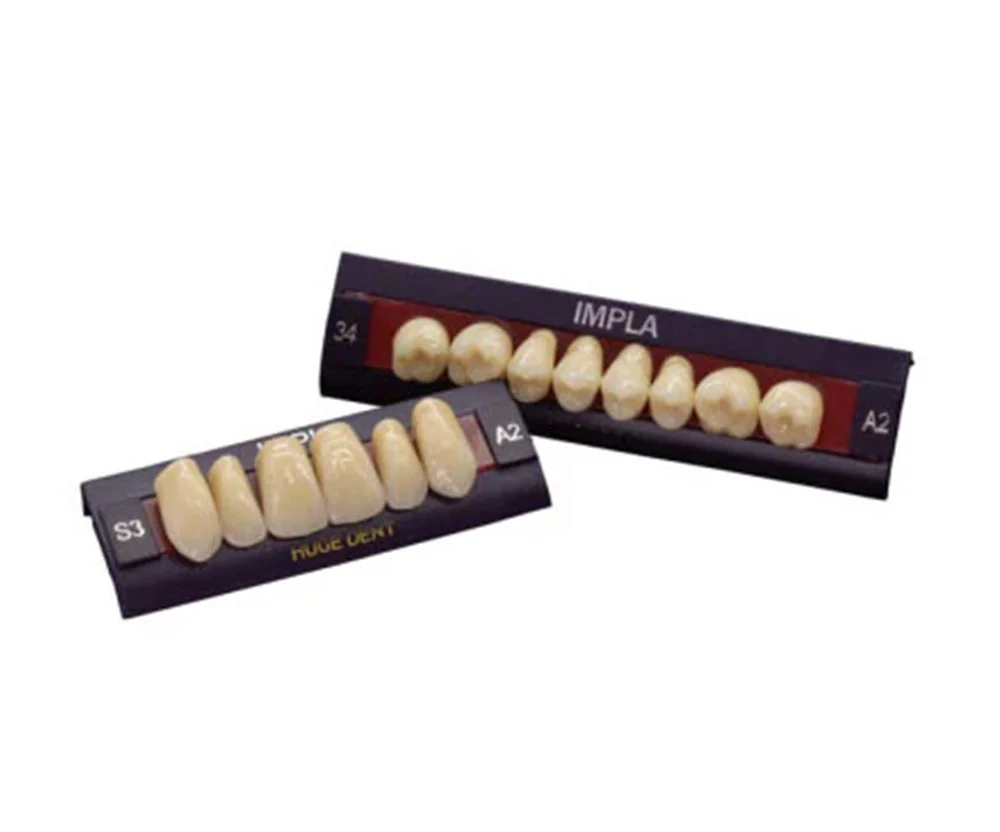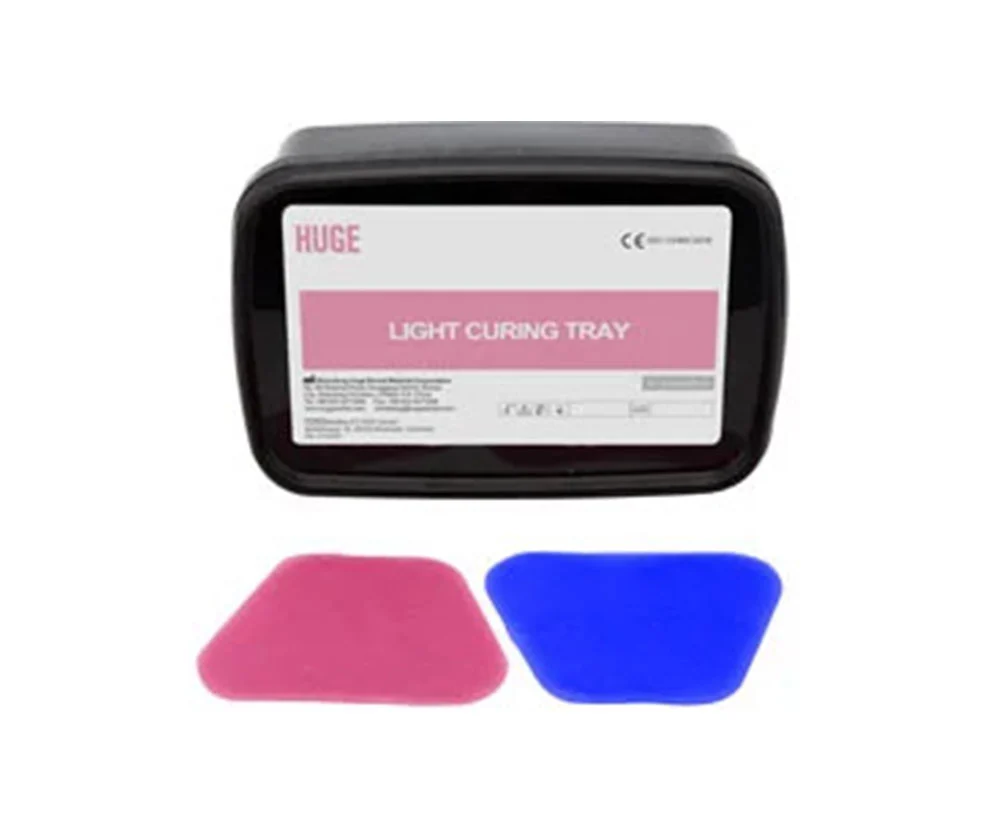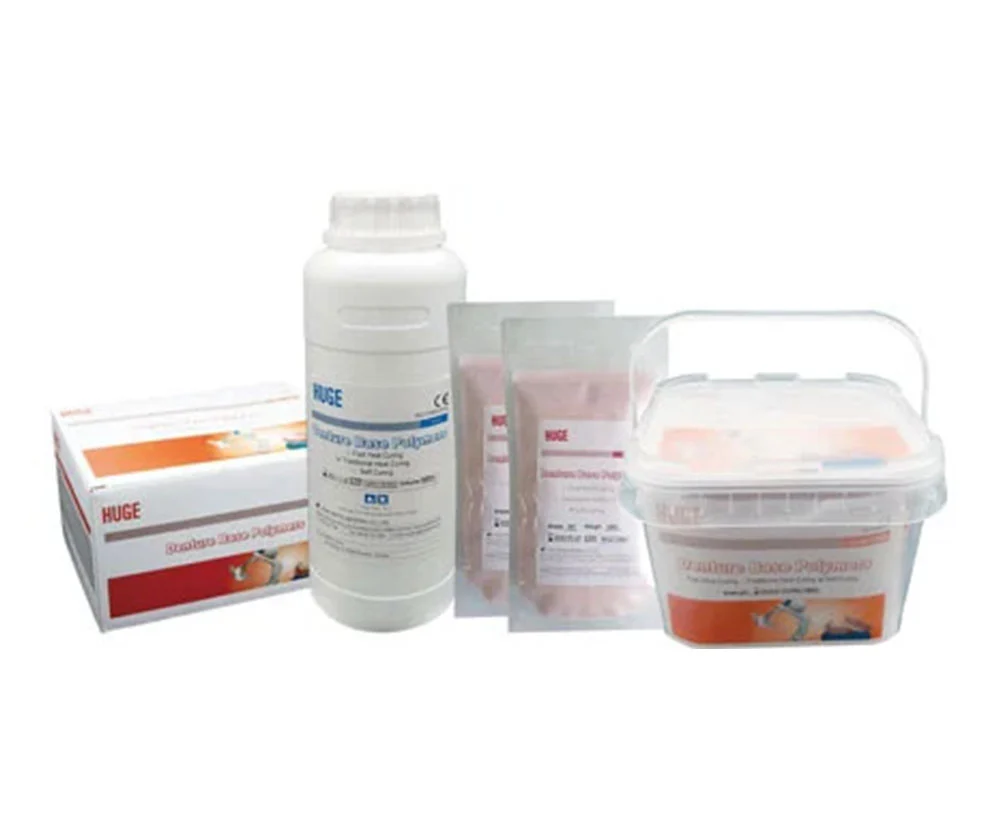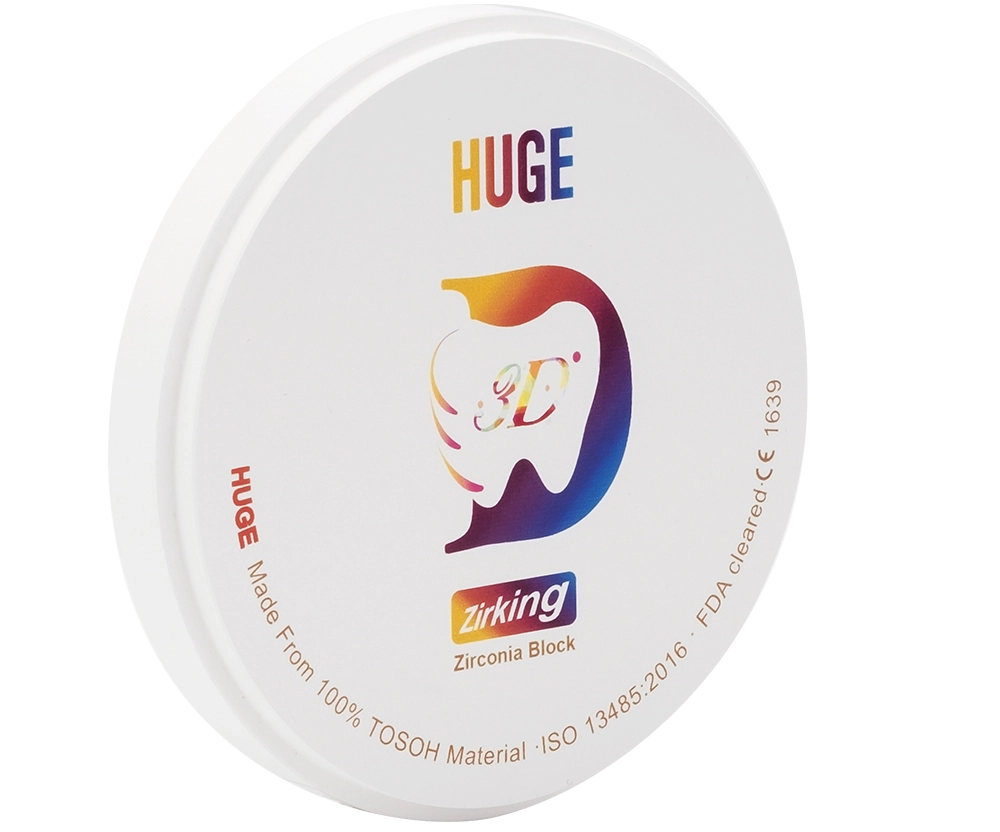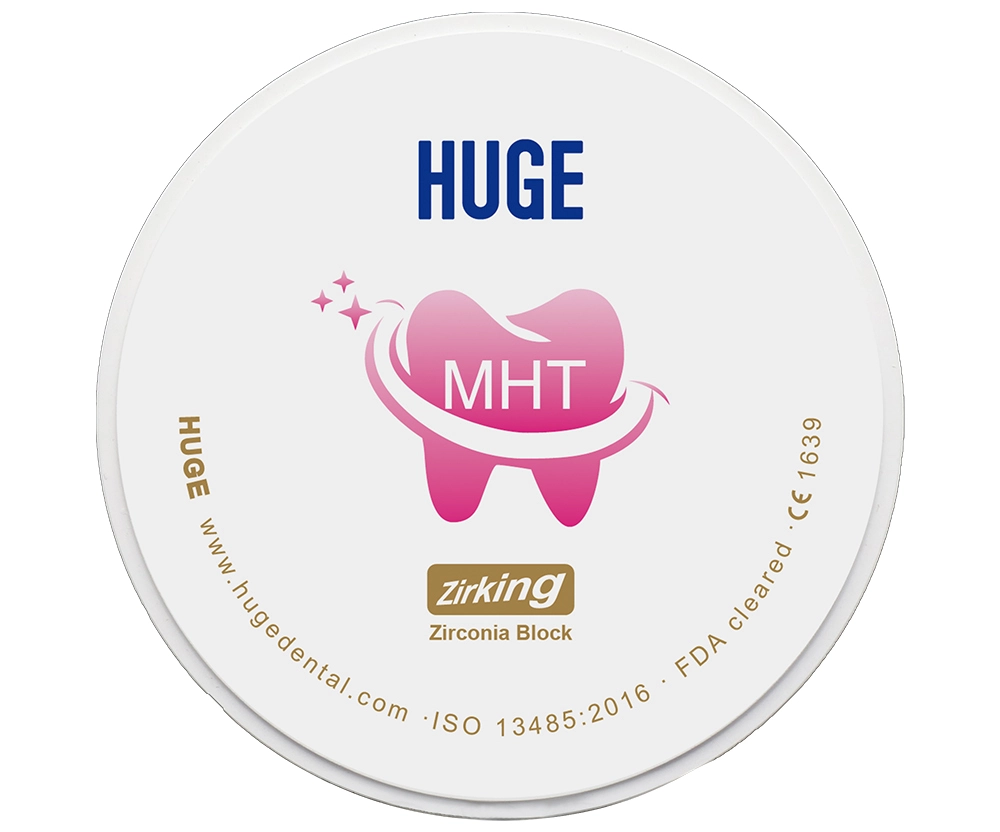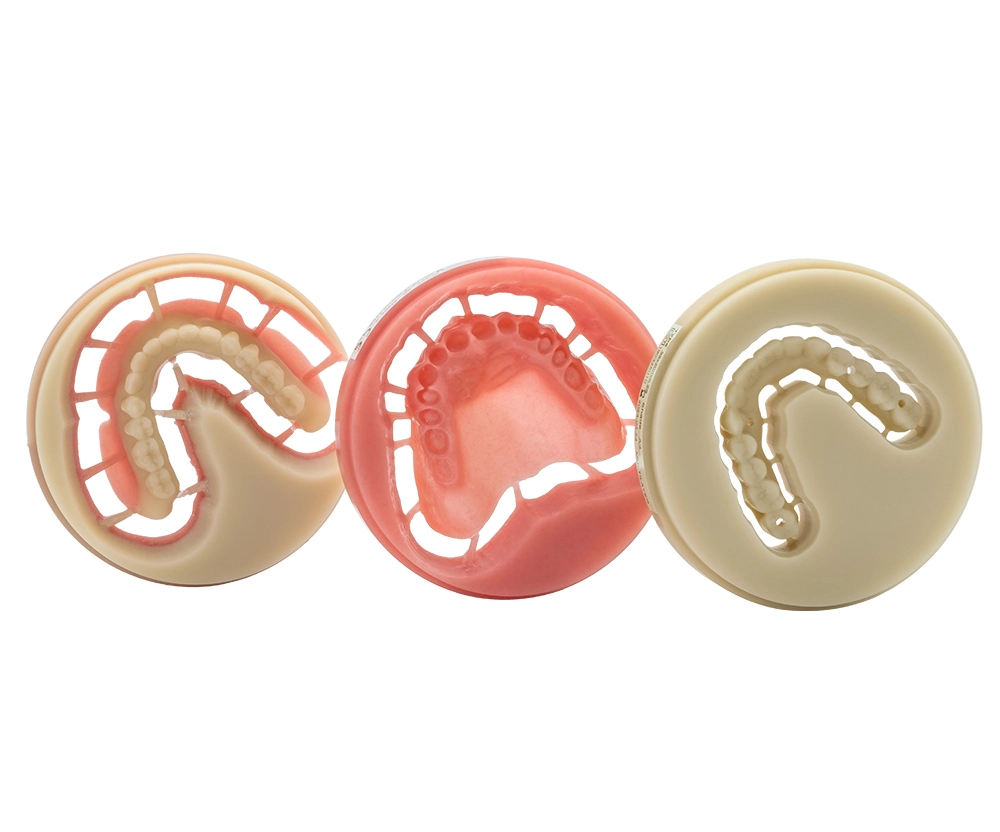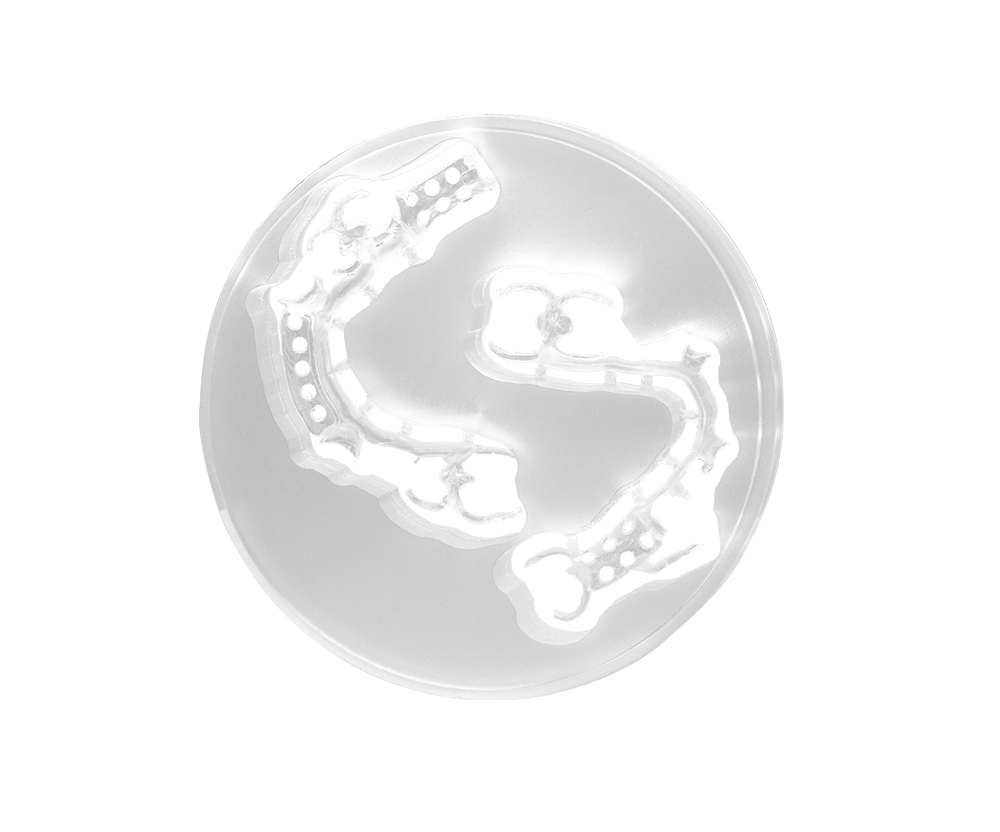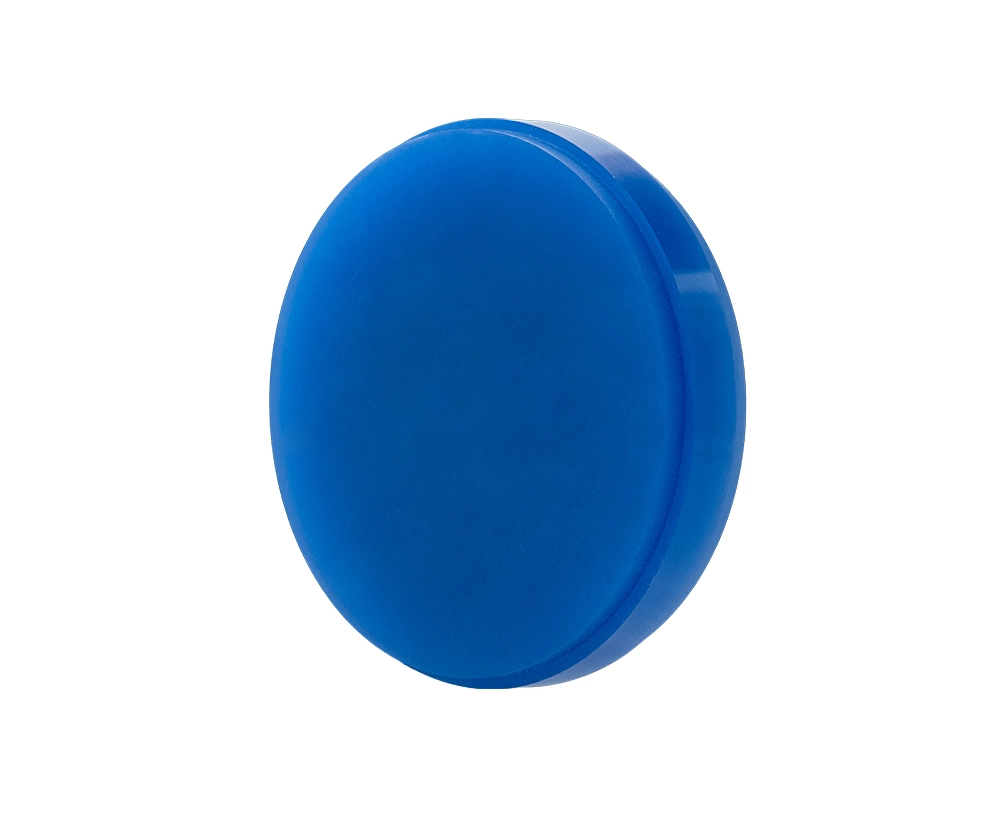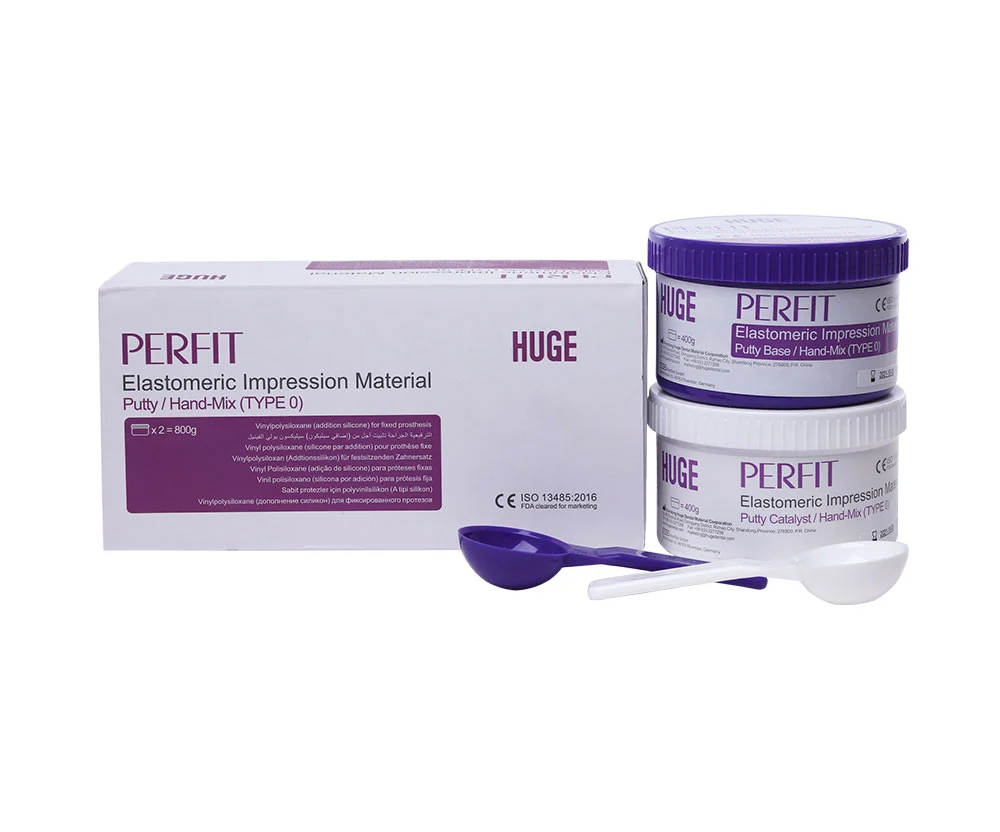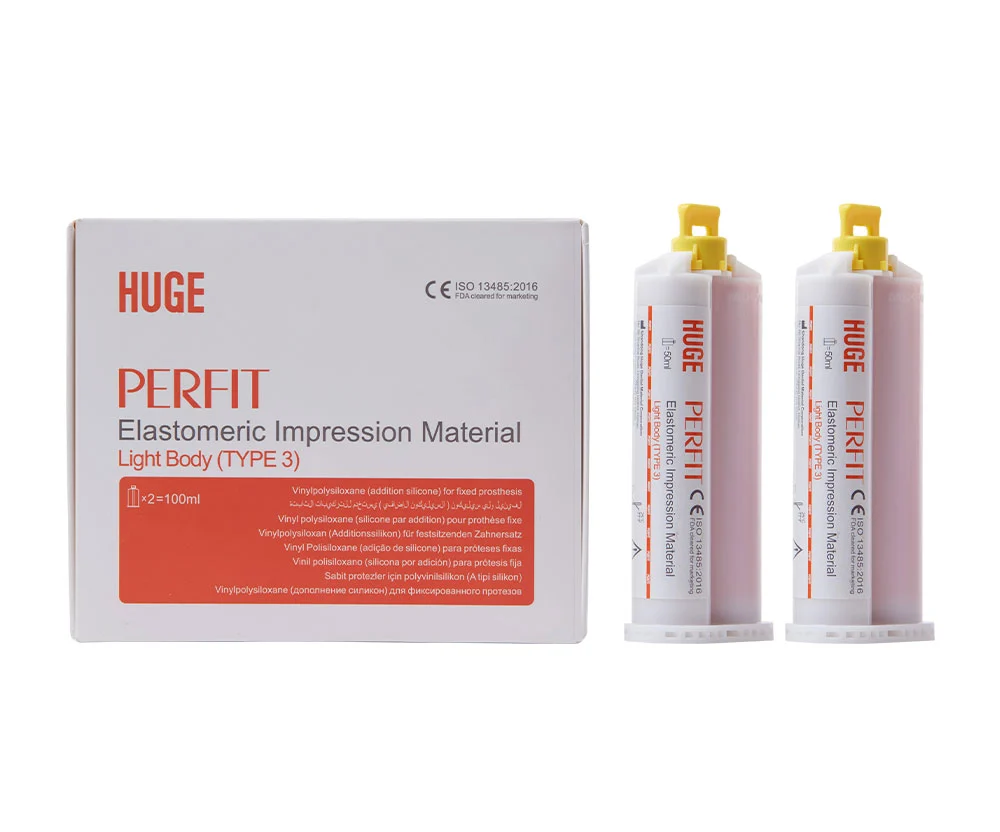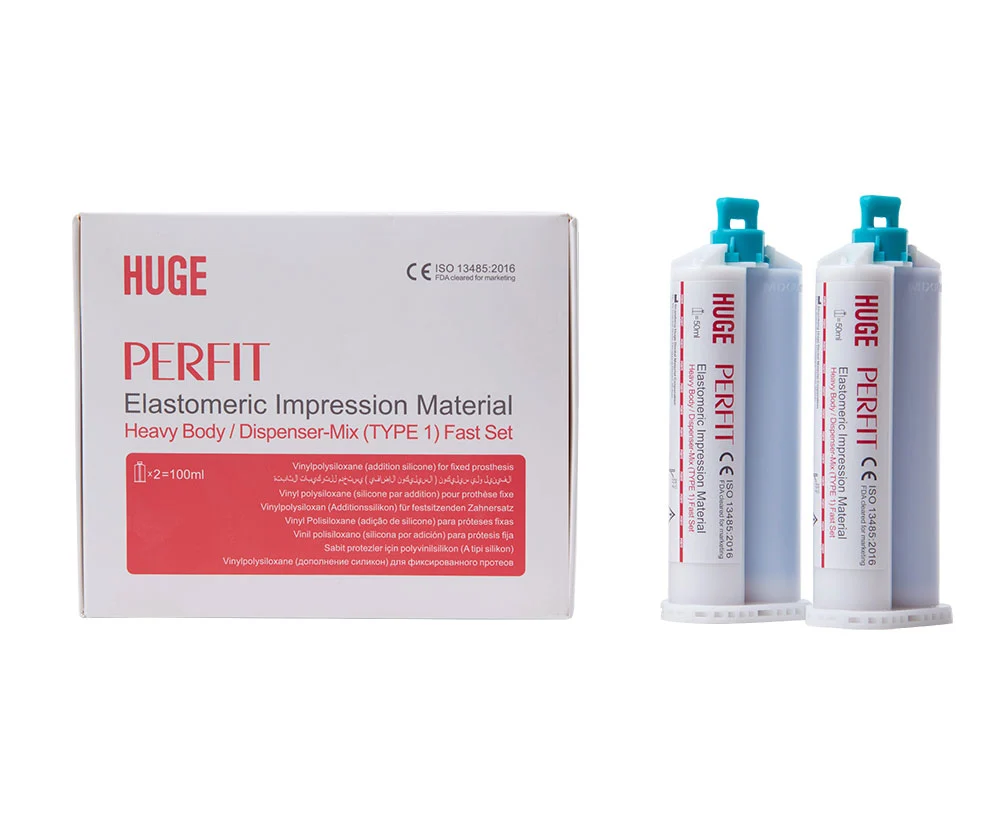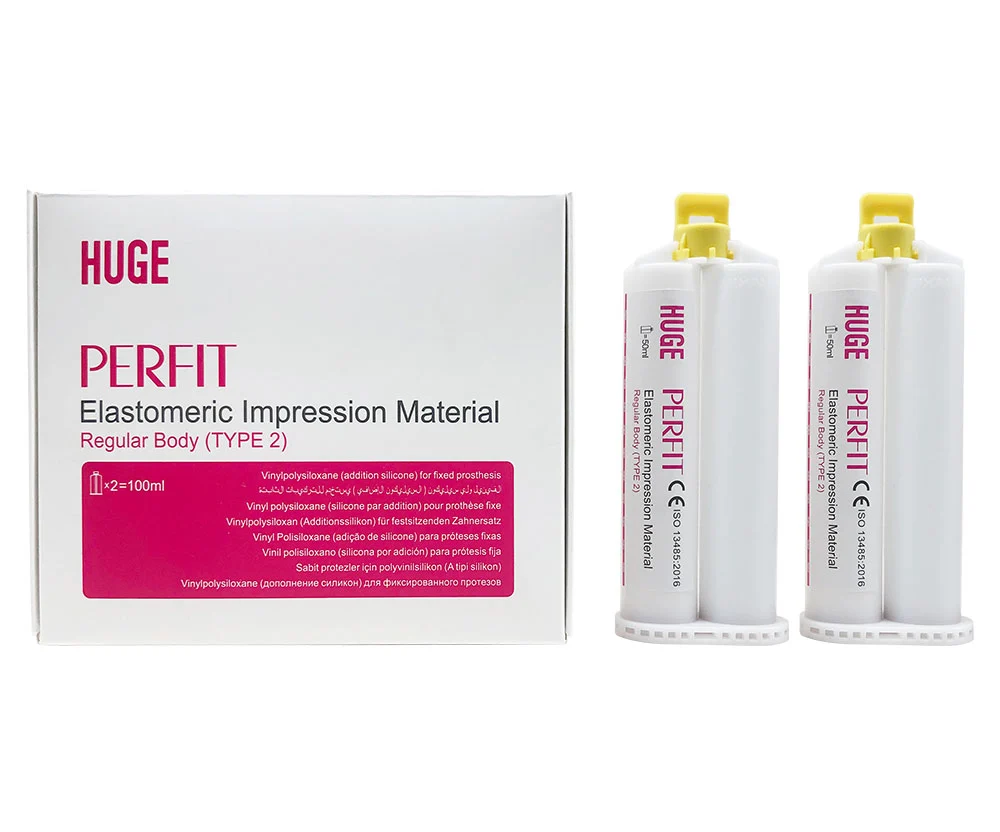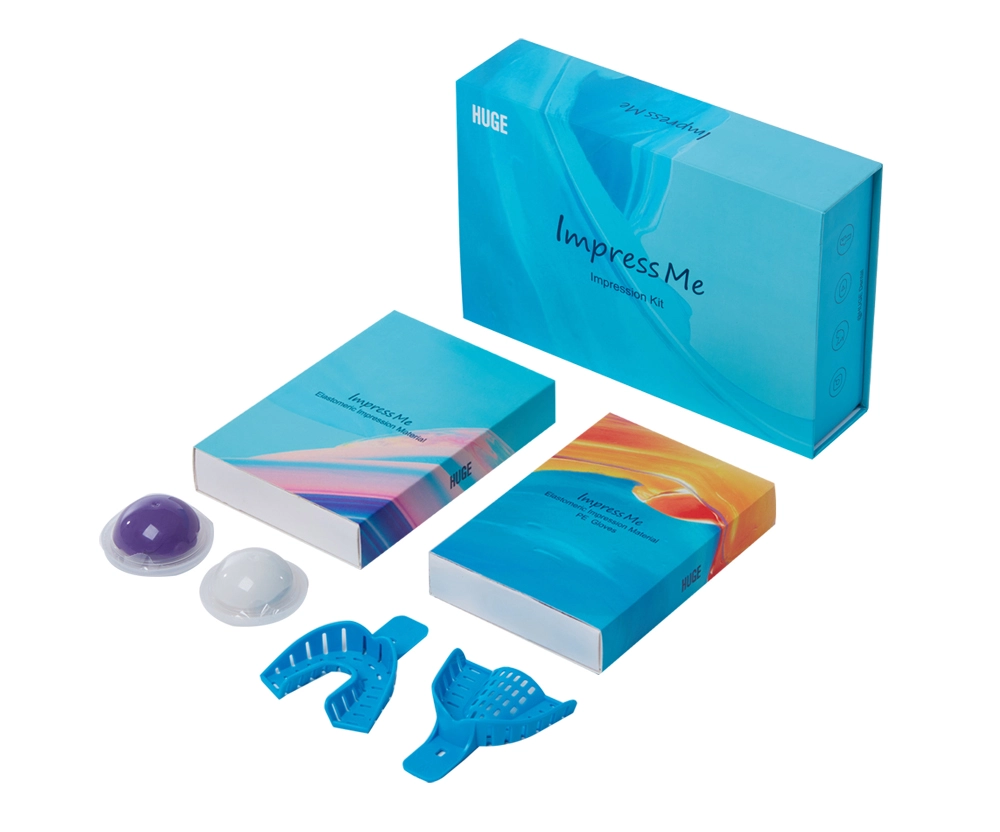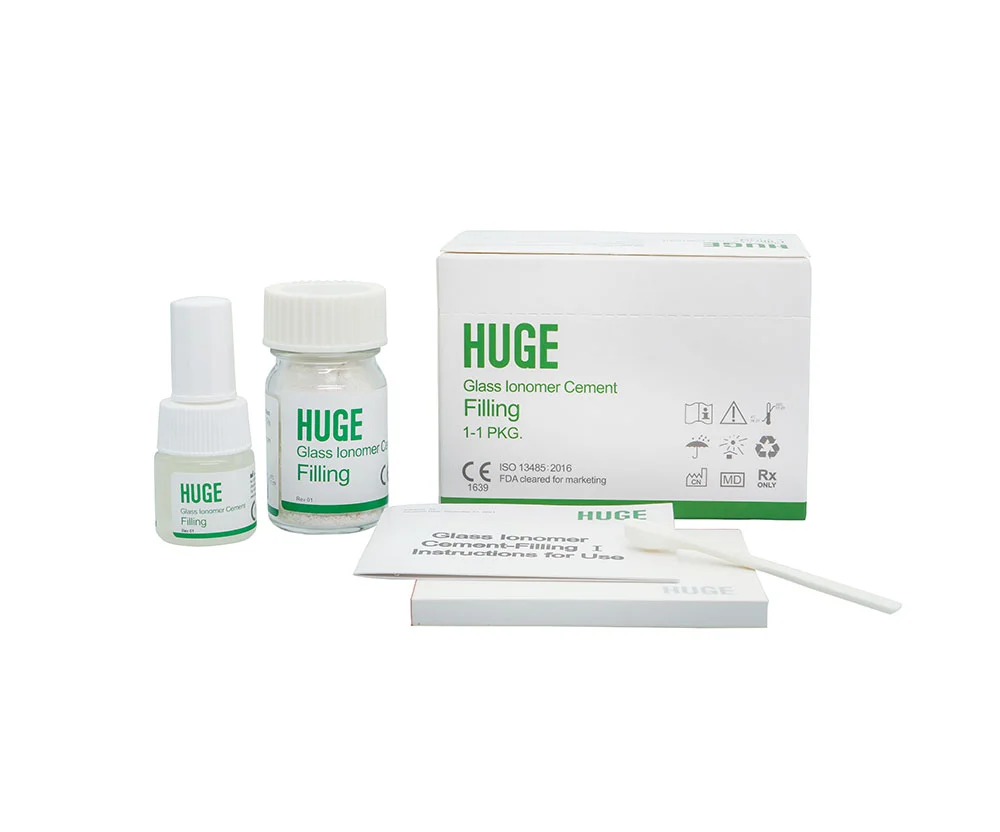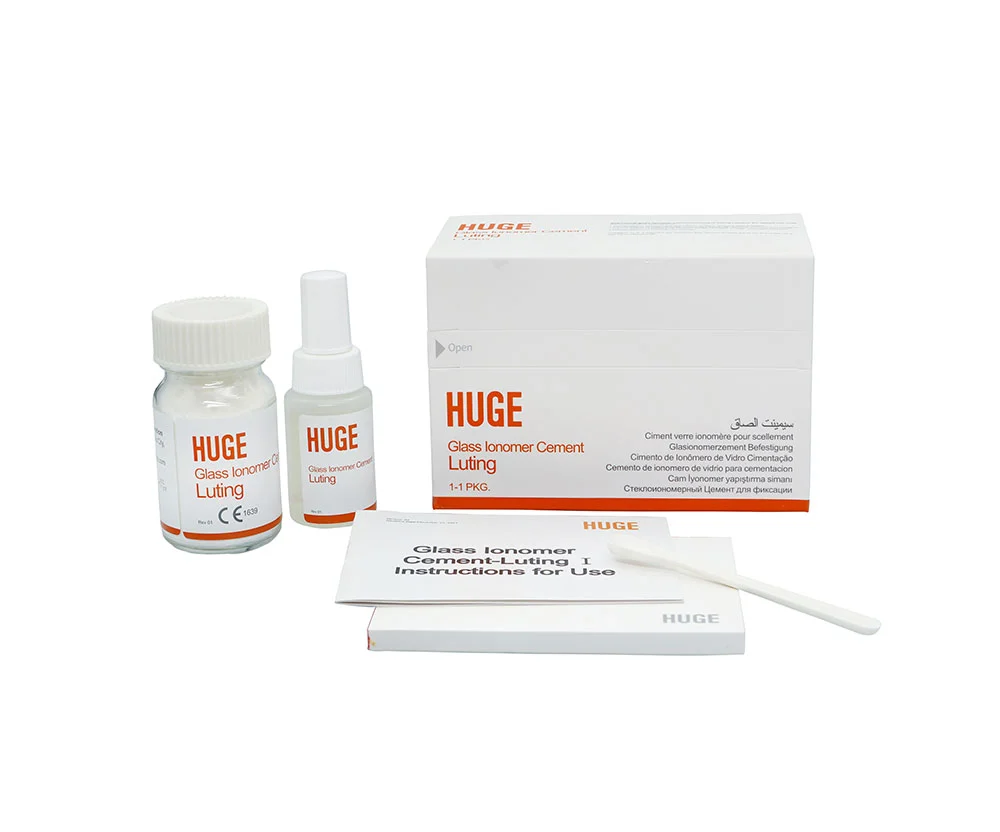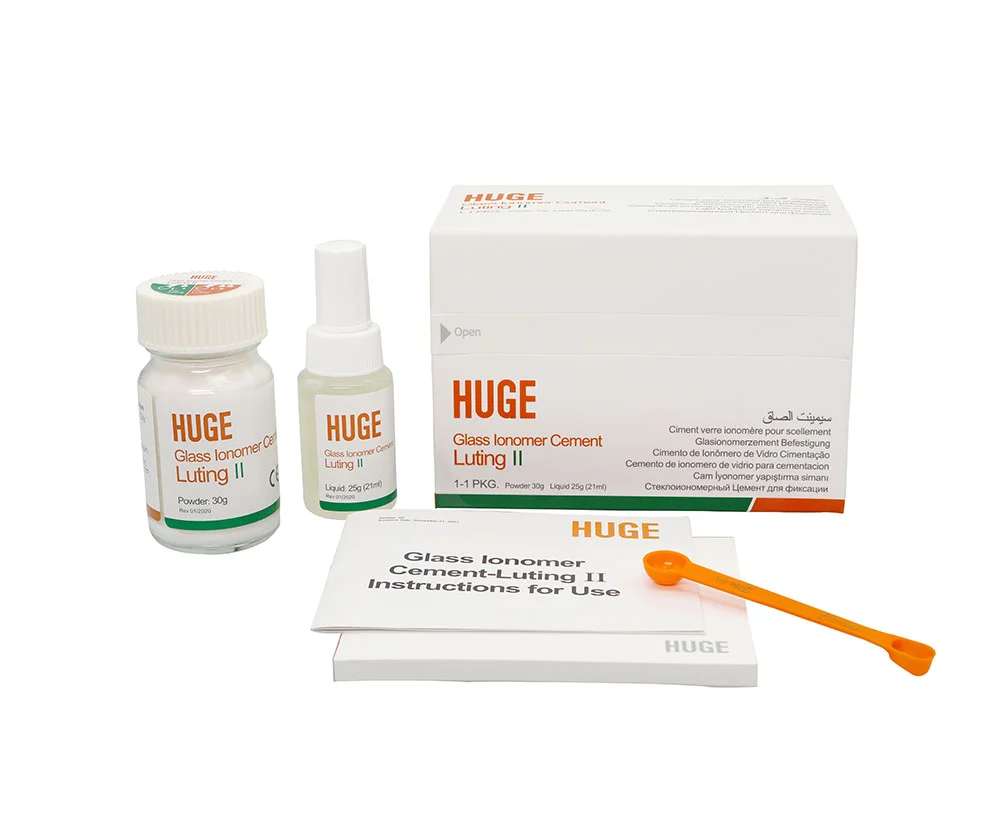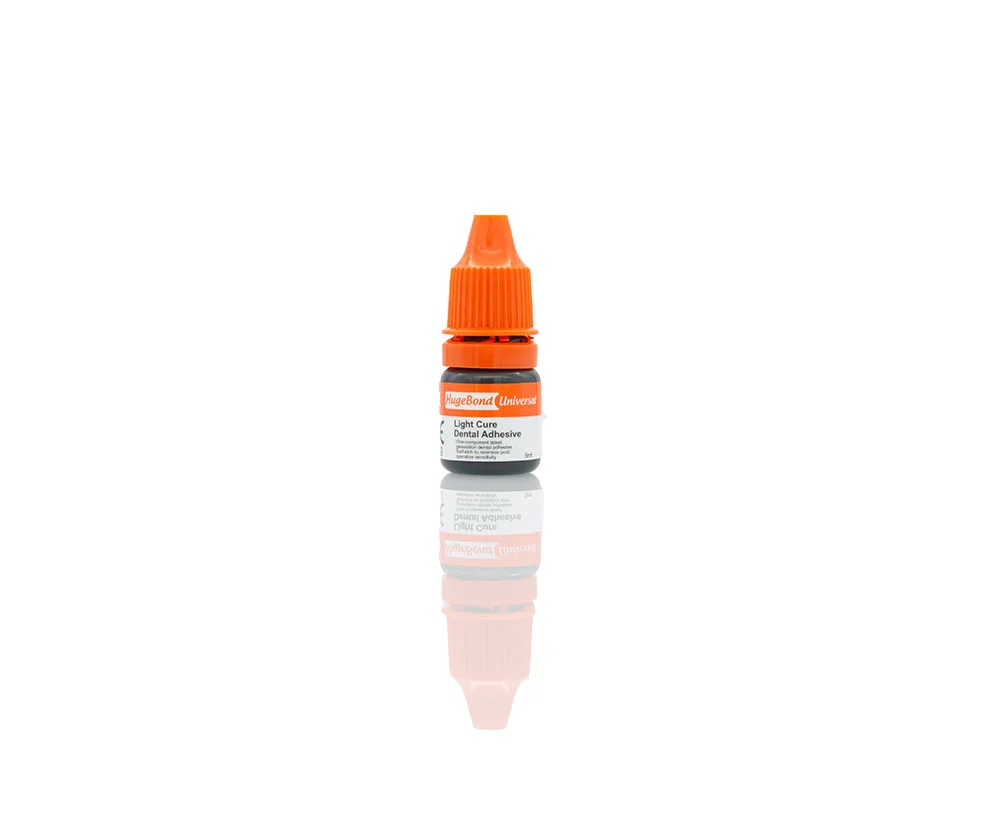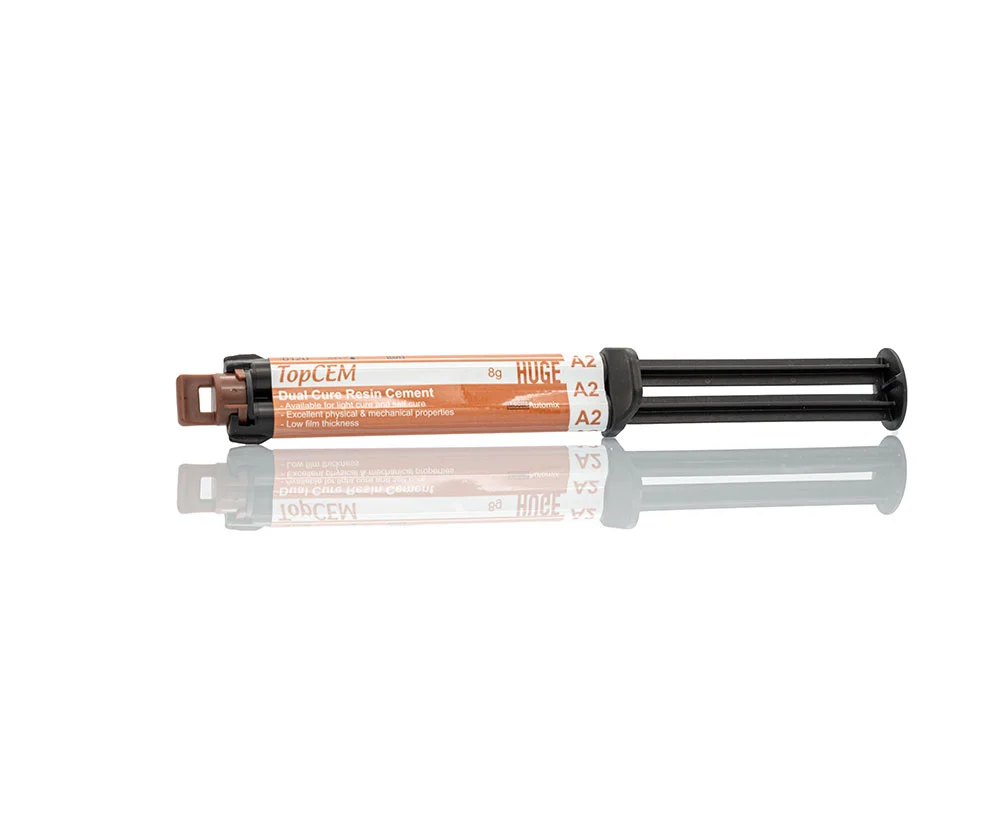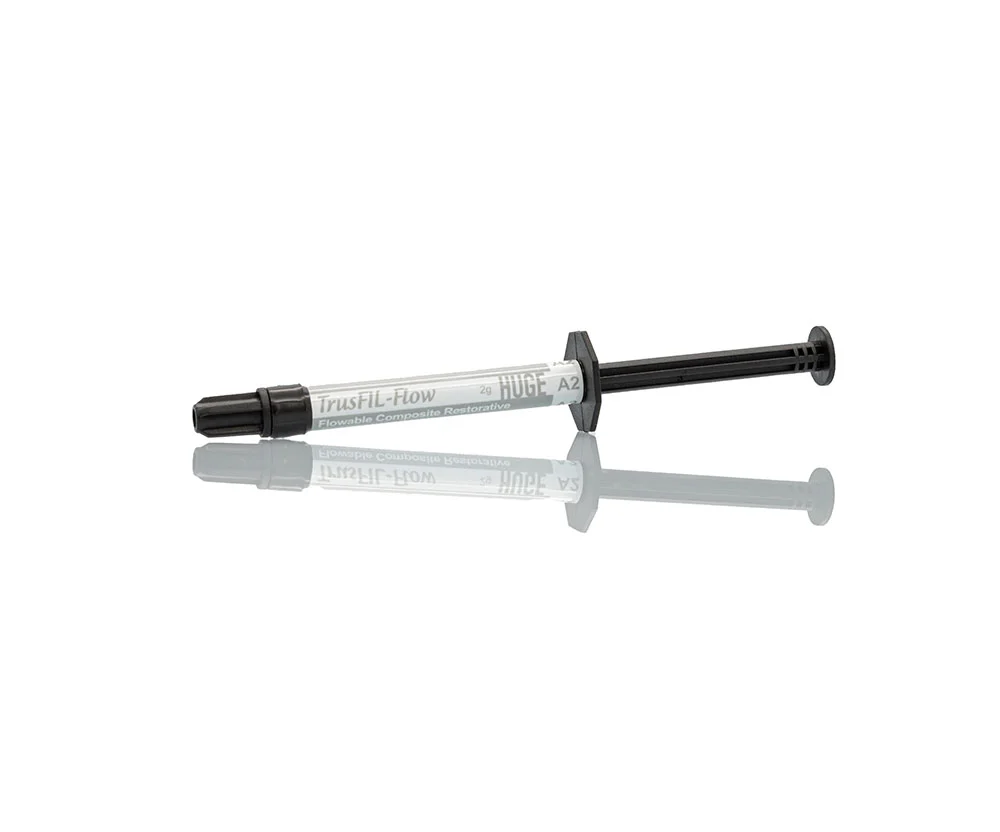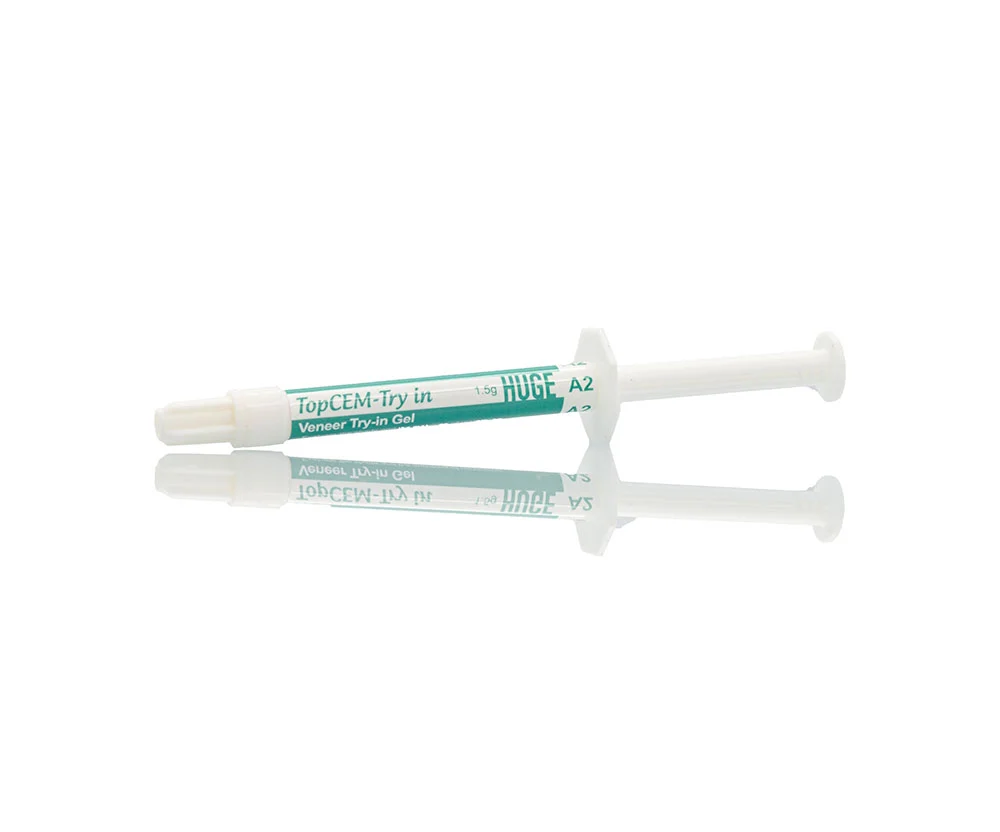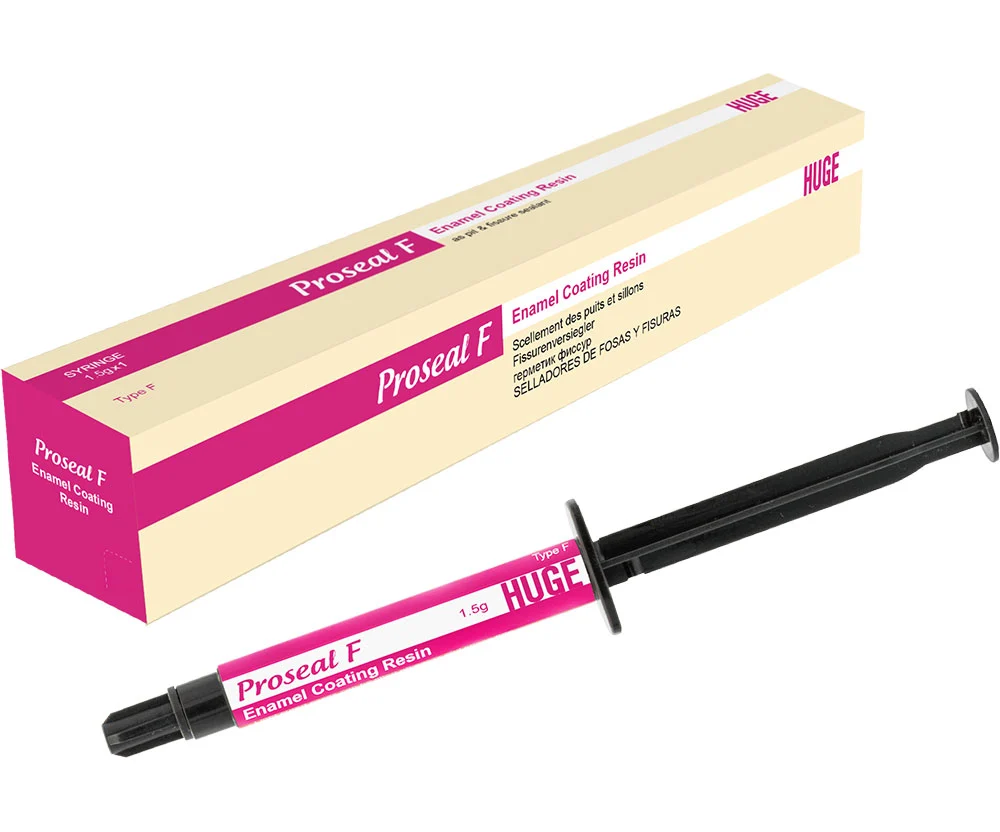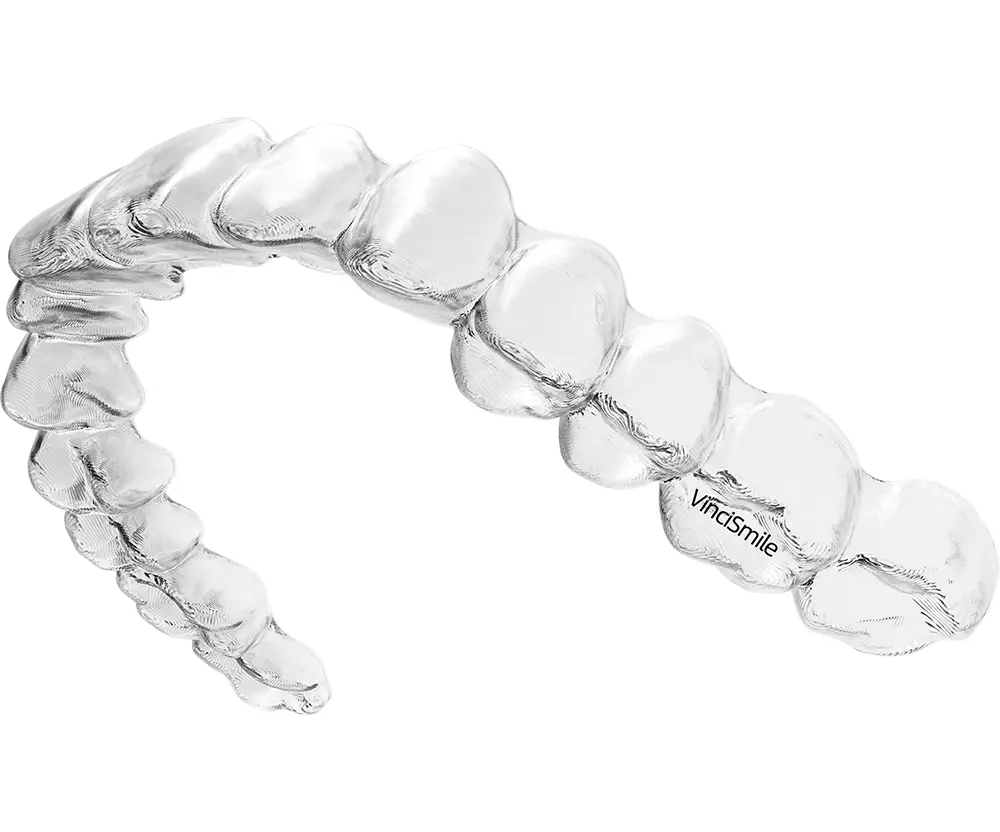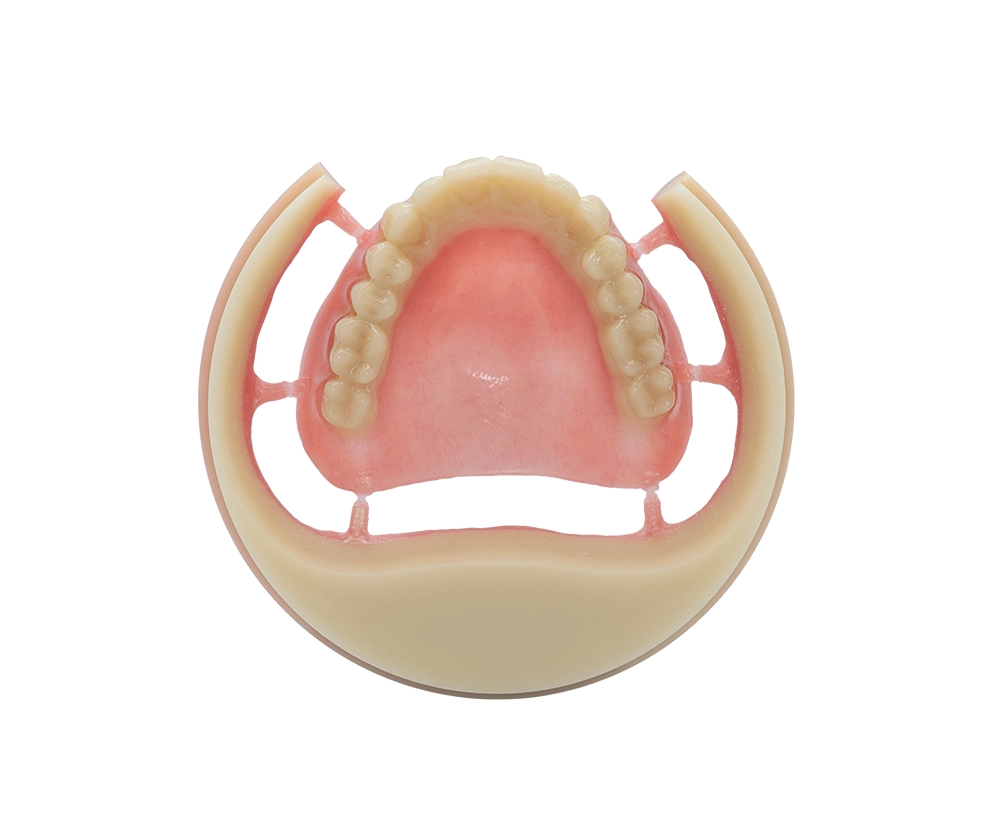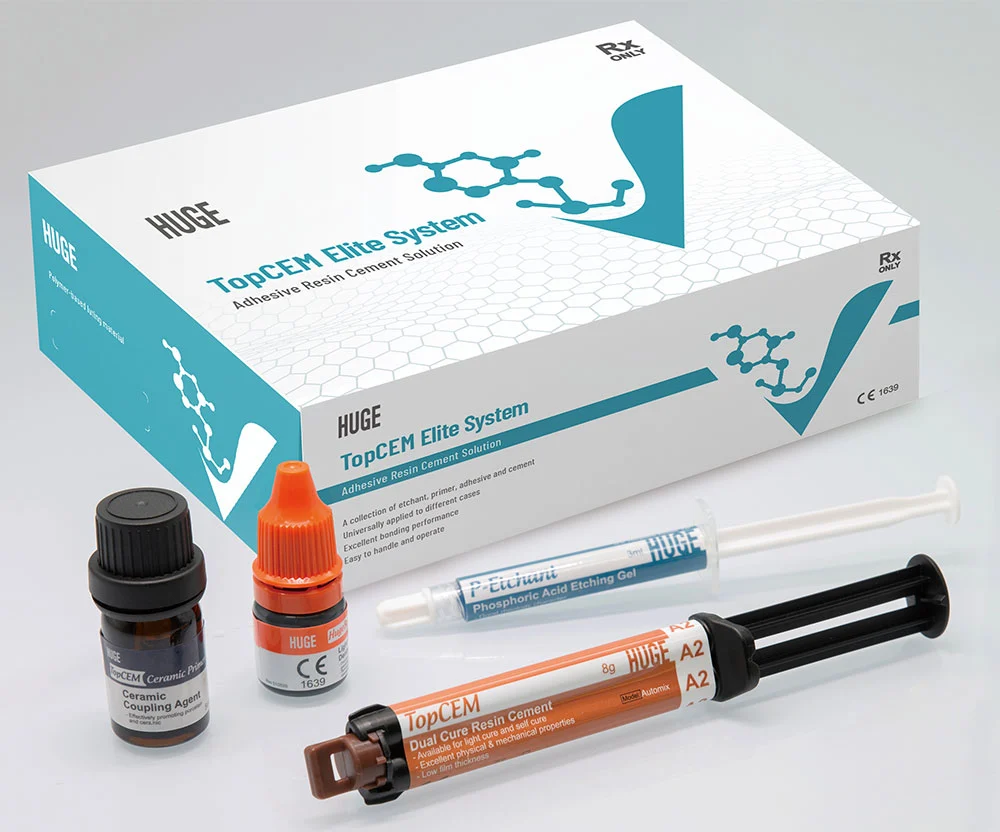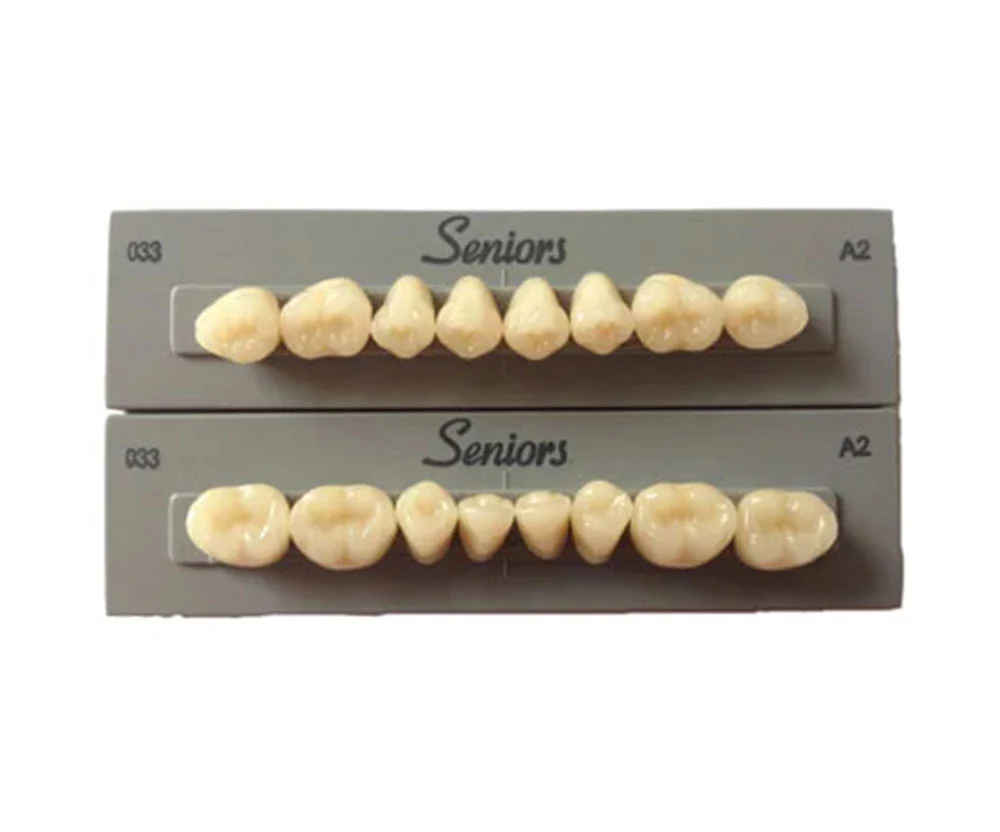Exploring Different Types of Artificial Denture Teeth Materials
Artificial denture teeth play a crucial role in restoring oral function and aesthetics for individuals with missing or damaged natural teeth. These prosthetic teeth are made from various materials, each offering unique characteristics and advantages. In this blog, we will explore the different types of artificial denture teeth materials available, their features, and how they impact the overall performance and comfort of dentures.
Acrylic Resin
Acrylic resin is one of the most common materials used for artificial denture teeth. Its popularity stems from its affordability, lightweight nature, and ease of fabrication. Here's what you need to know about acrylic resin teeth:
Pros: Acrylic resin denture teeth are cost-effective, making them an accessible option for many patients. They are also relatively easy to adjust and repair if necessary.
Cons: While acrylic resin teeth are durable, they can be more prone to wear and staining over time compared to other materials.
Porcelain
Porcelain denture teeth are known for their natural appearance and superior aesthetics. They closely resemble the appearance of natural teeth, making them a popular choice for patients seeking a seamless smile restoration.
Pros: Porcelain denture teeth have excellent color stability, meaning they are highly resistant to staining and discoloration. They are also incredibly durable, maintaining their shape and function for many years.
Cons: Porcelain teeth can be more brittle than other materials, which makes them more susceptible to chipping or cracking if not handled with care.
Composite Resin
Composite resin denture teeth are a hybrid material, combining acrylic resin and other reinforcing materials. They offer a good balance of aesthetics and durability.
Pros: Composite resin teeth are more stain-resistant than traditional acrylic resin teeth, and they have improved strength and longevity.
Cons: While they are more durable than standard acrylic resin teeth, composite resin teeth may not be as durable as porcelain teeth.
Polymer Composite
Polymer composite denture teeth are made from a blend of acrylic resins and other proprietary materials. This material is designed to offer enhanced aesthetics and durability.
Pros: Polymer composite teeth provide improved color stability and strength compared to traditional acrylic resin teeth.
Cons: As a relatively newer material, the availability of polymer composite denture teeth may be limited compared to more established options.
Metal Denture Teeth
Metal denture teeth are typically made from alloys containing chrome, cobalt, or titanium. They are more commonly used in partial dentures where metal clasps provide additional retention.
Pros: Metal denture teeth are incredibly strong and durable, capable of withstanding considerable forces during chewing.
Cons: While metal denture teeth are robust, they lack the natural appearance of other materials and may not be suitable for full dentures due to aesthetic concerns.
Choosing the right artificial denture teeth material is a critical decision, impacting the aesthetics, comfort, and longevity of your dentures. Each type of material offers its own set of advantages and considerations, so it's essential to work closely with your dentist to determine the best option for your specific needs and preferences. Whether you opt for the affordability of acrylic resin, the natural beauty of porcelain, or the balance of composite materials, rest assured that modern dentistry provides an array of choices to ensure your smile is beautifully restored and your oral function is optimized.
 English
English  日本語
日本語  français
français  Deutsch
Deutsch  Español
Español  русский
русский  العربية
العربية 
